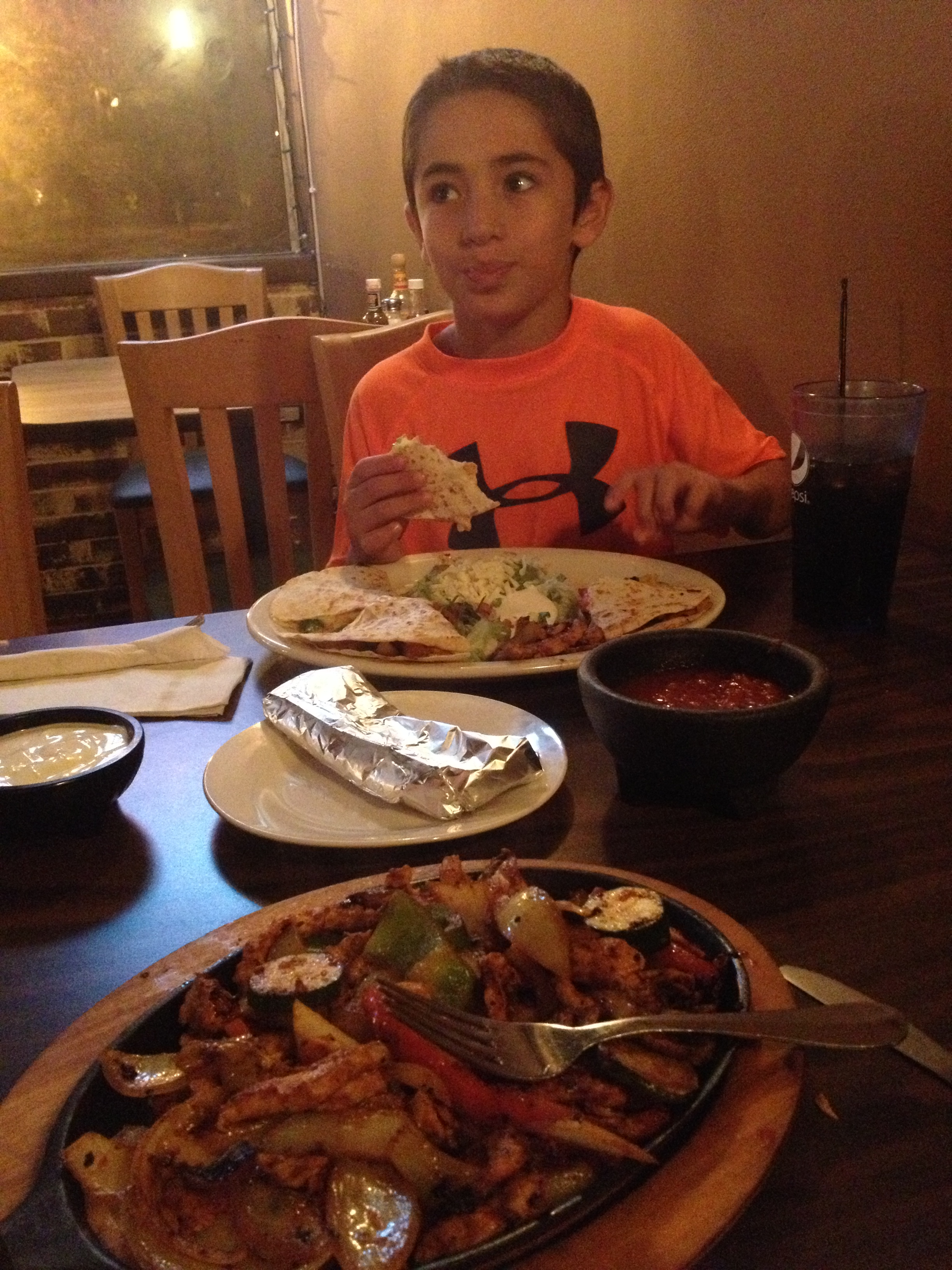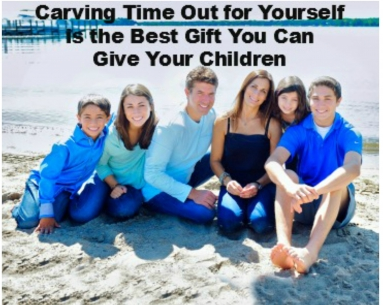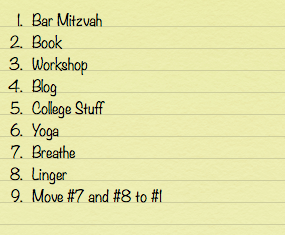 Tis the season, for me anyway. I find fall to be, by far, the most transformative season: back to school, bracing for the MN winter, celebrating the high holidays, loaded with symbols of starting anew, letting go, forgiving, and looking forward. This fall feels even bigger. It feels huge. It feels loaded with stuff to be grateful for, to celebrate, stuff that involves new beginnings and exciting transitions in my kids’ lives and my life.
But when I wake up with a racing heart and mind, and I start and stop writing multiple blog posts because none of them make sense, and I find myself scanning the Target parking lot for my car that I have zero recollection of parking, let alone driving there, I know that I am not embracing this transformative time, but racing through it. I am anywhere but here. Just ask my mom. She will tell you how I forgot that she was coming to pick up my daughter at school last week during conferences so she ended up wandering the halls of the school looking for my daughter for 45 minutes before running into my son, who directed her to my daughter. But I didn’t have a clue this was happening because, during that time, I was darting from classroom to classroom, like a harried teenager, hearing the voices of my kids’ teachers saying lovely things about my children, and I was feel’n pretty good and I may have had a moment of, “Okay, great, I must be doing something right.” Until, of course, I walked out of the math teacher’s room and spotted my mom, her eyes looking slightly puzzled and slightly pissed. “Nope. Never mind. I am not doing much of anything right.”
Tis the season, for me anyway. I find fall to be, by far, the most transformative season: back to school, bracing for the MN winter, celebrating the high holidays, loaded with symbols of starting anew, letting go, forgiving, and looking forward. This fall feels even bigger. It feels huge. It feels loaded with stuff to be grateful for, to celebrate, stuff that involves new beginnings and exciting transitions in my kids’ lives and my life.
But when I wake up with a racing heart and mind, and I start and stop writing multiple blog posts because none of them make sense, and I find myself scanning the Target parking lot for my car that I have zero recollection of parking, let alone driving there, I know that I am not embracing this transformative time, but racing through it. I am anywhere but here. Just ask my mom. She will tell you how I forgot that she was coming to pick up my daughter at school last week during conferences so she ended up wandering the halls of the school looking for my daughter for 45 minutes before running into my son, who directed her to my daughter. But I didn’t have a clue this was happening because, during that time, I was darting from classroom to classroom, like a harried teenager, hearing the voices of my kids’ teachers saying lovely things about my children, and I was feel’n pretty good and I may have had a moment of, “Okay, great, I must be doing something right.” Until, of course, I walked out of the math teacher’s room and spotted my mom, her eyes looking slightly puzzled and slightly pissed. “Nope. Never mind. I am not doing much of anything right.”
I am in the moment and a million miles away. Preparing for A’s Bar Mitzvah in three weeks and helping J with his college applications, due in three weeks; gearing up for my first ever self-care workshop that I am co-leading in two weeks and preparing yet another (please let this be the last), revision of my book outline that is, just guess, due to a publisher in 10 days. I am coming off of the high holidays, during which we attended not one, not two but three synagogues—a reformed, a conservative and an orthodox (I will save those details for another blog post); and S came home from college for Yom Kippur, which somewhat resembled a wonderful, exciting, but sometimes jolting, electric storm lighting up our house.
I’m in the moment and into panic in a matter of seconds. I question whether I will be able to pull off these next three weeks, manage the check list, and get it all done: the Bar Mitzvah details, all 20 zillion of them (thankfully divided between my sister and me, but I still don’t know what I am wearing); the writing, for which I require big blocks of time when my mind is calm and clear; providing college application assistance, yet another intended blog post topic, and for which I need more time and more patience, AND my son’s time and patience (which doesn’t all line up very often); the workshop preparation, which I need to tap into my experience of writing about researching and practicing self-care, while I am stretched to practice what I preach right now.
So I breathe my way back to the moment. And tell myself that yes, this will all happen. I will get through it. But I don’t want to just get through it! I want to feel it all, embrace the joy in each one of these milestones. So I drag myself to yoga, ground down, and set an intention to be present. And that works beautifully until that evening when I see my husband packing his suitcase for a three-day work trip. He sees my eyes widen, and then narrow. I expect him to say something calming, reassuring. But instead, he quickly reminds me that he will be traveling for two or three days of each of the next three weeks. Oh yeah, I had forgotten. My heart rate escalates and my mind kicks into high gear and spirals me into piling my entire to-do list into an already overcrowded area of my brain: Shit! The laundry, the dishes, the cooking, the no milk in the fridge and I think we only have one more roll of toilet paper in this house, and the engine light is on in my car, and there are unopened bills hanging out on the kitchen counter, and Jo has a soccer tournament in Rochester and three birthday parties this weekend, and A’s big science project is due, and the details of J’s college visits in two weeks still need to be finalized, and the senior parent ad for the yearbook is due, and my volunteer positions need attention, and there are a growing number of emails and texts that I have yet to read, let alone respond to...So sorry, my friends, I am trying.
And then I will myself to breathe again. And the spiraling stops as I remind myself that amidst all this mundane, almost whiney sounding to-do list, of which some or most will get done (or it won't), there lies the joyful stuff that trumps it all. And I work my way back to gratitude and the present moment. My husband and I laugh about how we may put our 10-year-old on a Greyhound and send her to Rochester for her soccer tournament, and that we may end up writing A’s Bar Mitzvah speech on the way to the synagogue that morning.
I will myself to trust that these next three weeks, with all their splendor and glory, and all of their mundane, will happen. And I will be there/be here. Present. Aware. Engaged. Grateful. I will do this by trying to allow myself to retreat from the lists and the panic, and to move toward lingering in the joy for as long as I can—especially the one that celebrates my baby boy becoming a Jewish adult. Yes, I will most definitely be lingering in that one.




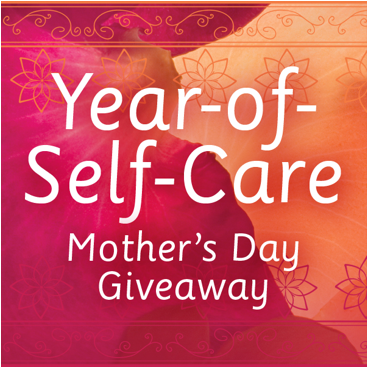




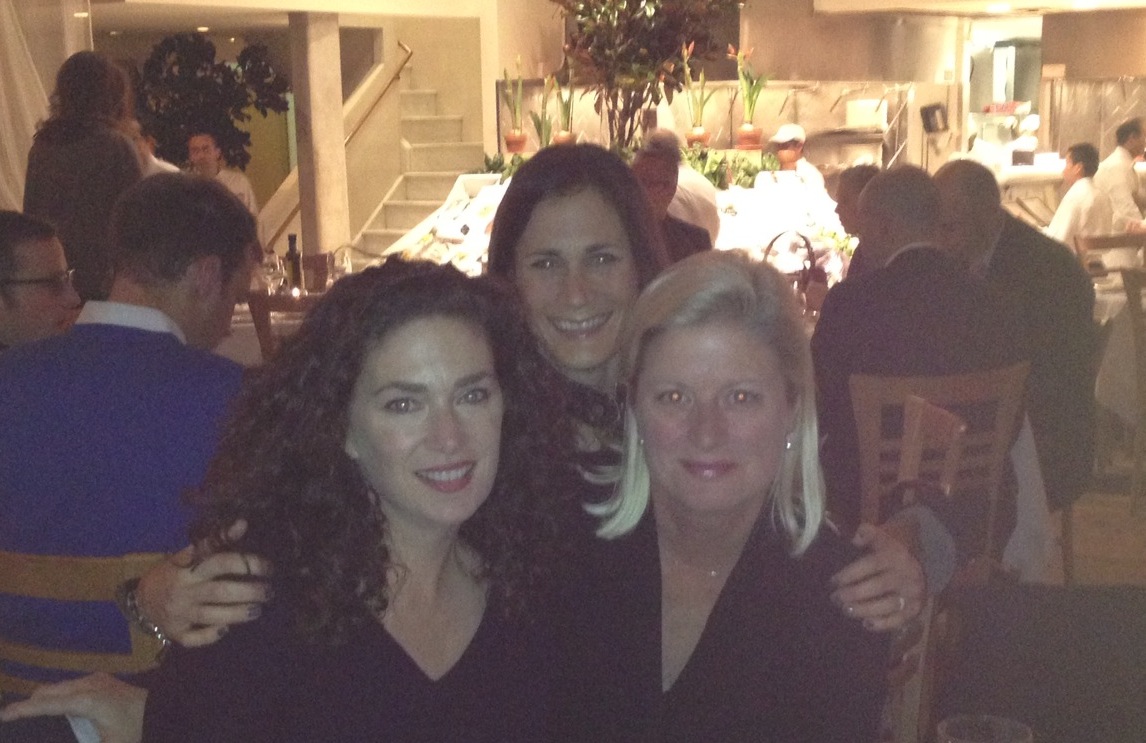 I am so excited and honored to be a part of Jessica Smock and Stephanie Sprenger’s upcoming book
I am so excited and honored to be a part of Jessica Smock and Stephanie Sprenger’s upcoming book 